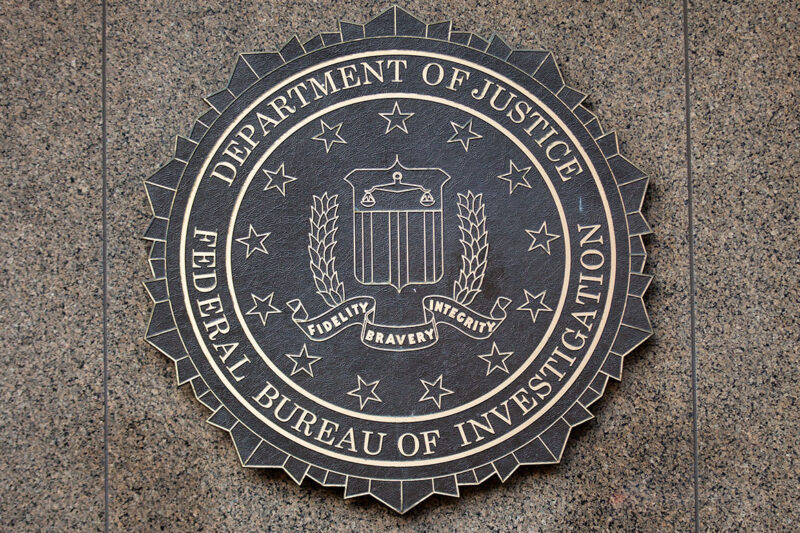
I’ll admit that I'm naturally skeptical any time a government official or government lawyer claims that absolute secrecy is necessary to protect national security. As an ACLU national security attorney, I've heard little else from the government in my short time here. Historically, overuse of the "national security" mantra to justify absolute secrecy has typically meant the government is trying to cover up embarrasing or illegal activities.
Cynic that I am, even I was amused when . For over 20 years, UC Irvine Professor Jon Wiener has been relentlessly fighting for the release of the entire Lennon file. The FBI’s refused not only because the documents allegedly contained national secuity information from a foreign government, but that release of the information could "lead to foreign diplomatic, economic and military retaliation against the United States."
So what was the information that was so sensitive it might lead to MILITARY RETALIATION? Well, it turns out the FBI documents include notes that John Lennon was a lefty who "emphasized his proletarian background and his sympathy with the oppressed and underprivileged people of Britain and the world" in press interviews; that he was planning to help fund a left-wing bookstore in London; and that he actually – get ready - used some of his songs to promote the idea that he had revolutionary views. Wait, I think I hear Tony Blair and the British army coming now!
It is nothing less than absurd. Does the FBI think the public can’t distinguish between sensitive information that might actually harm our national security and this drivel? Yet again we see that these national security claims boiled down to embarrasment and an attempt to cover up abuses. Embarrasment that the FBI spent its resources surveilling John Lennon because of his political activities and his dissenting views.
Our own office just beat back the same sort of attempt last week, when the government tried to misuse subpoena power to get a document from us, then backed down and actually declassified the document. In their overeagerness to cover up what was at best a mildly embarrassing document about detainee procedures, they were prepared to throw the First Amendment out the window.
We’re seeing similar abuses of the national security claim in our challenges to warrantless NSA wiretapping, “extraordinary rendition,” and the FBI's retaliatory firing of a whistleblower. In each case the government has attempted to proclaim the matter too sensitive and potentially damaging to national security to allow the case even to go before a judge. In other words, potentially illegal government conduct (or quite obviously illegal government conduct) is so sensitive, so secret, and public disclosure so threatening to the security of the nation that not even a court can decide whether government officials have violated the law.
Public scrutiny of government excess is the best medicine. Better to learn of government abuses now than to have our children and grandchildren learn of them 25 years later.
More about our own recent screening of "The U.S. vs. John Lennon" ...

